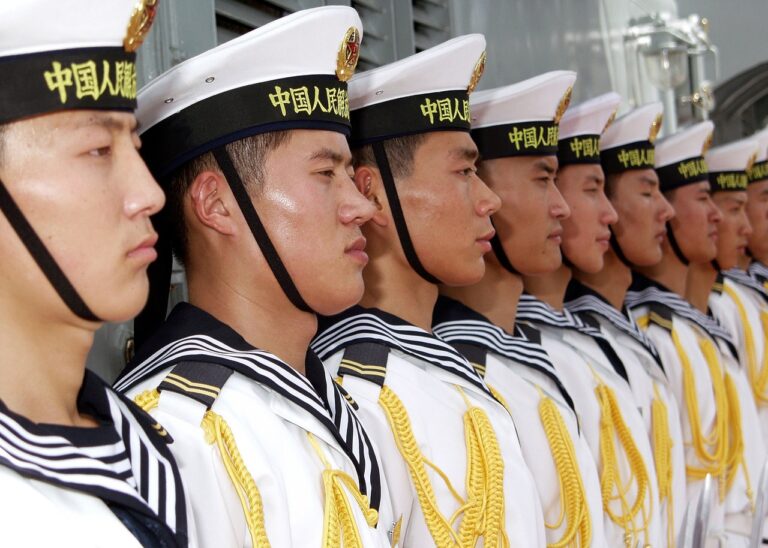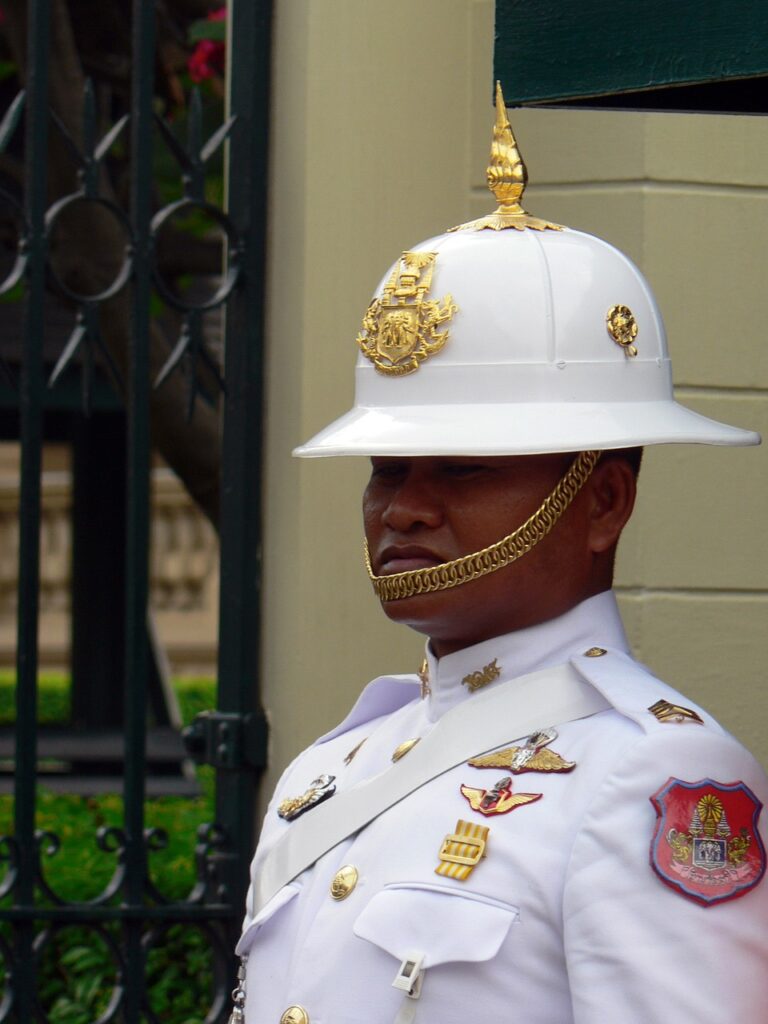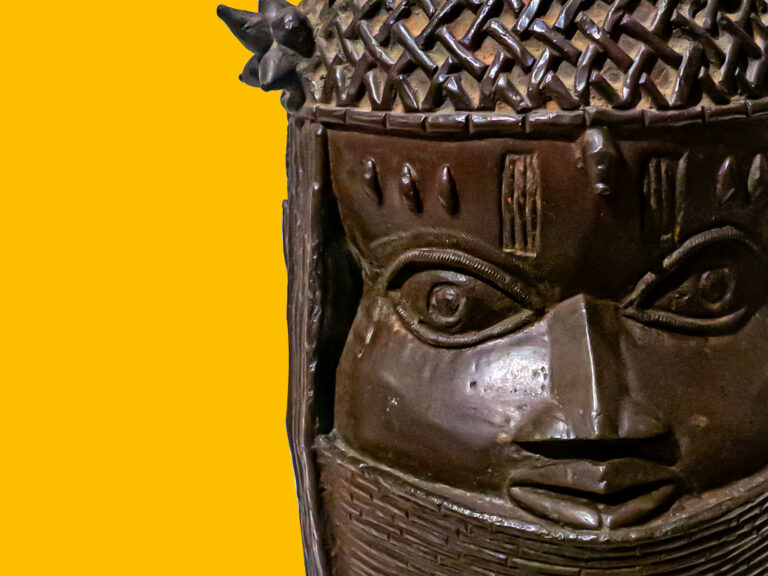Copenhagen, Denmark (TP).
It is official. Greenland’s parliament voted in favour for a new election, Tuesday night this week. The date of the election is set for 6th of April, reports Ritzau.
The last election was held in 2018 providing the present government a place in power until 2022. But turmoil within the leading party Siumut and disagreements on mining certificates has weakened the government.
Last week, the party Demokraatit stepped out of coalition in government leaving Siumut and Nunnata Qitornai, who only represents 11 mandates out of 31 in Greenland’s parliament, reports public broadcaster KNR.
This led the opposition consisting of parties Inuit Ataqatigiit, Demokraatit, Partii Naleraq and Atassut to advocate for a new election through a press release send on Monday this week.
The biggest party in Greenland and leader of the coalition Siumut had its own internal struggle back in early December 2020, as the head of Greenland’s government Kim Kielsen lost his chairmanship in the party to Erik Jensen, who called for political change.
This year’s election can prove crucial for Greenland’s future, as the massive island disrupts a clear sea route from Russia to Canada that gets exposed for natural resources due to climate change.
Greenland’s new diplomatic role can potentially fulfill a growing wish from the population on getting independence from Denmark, who still controls Greenland’s international affairs.
Mining for independence
Relying on large economic subsidies from Denmark, Greenland spots their mineral reserves as a huge force to sustain the country’s finances. Greenland gained its self-rule in 2009 from Denmark, which ultimately left the high valued minerals to the country.
But mining some of these resources might put the environment at risk. A proposed mine in Kuannersuit in Greenland’s southern edge sparked concern among environmentalists as the mining could harm the area, which is already impacted by global warming, writes AFP.
Rising temperatures has retreated sea ice, making it difficult for hunters and their dogsleds to maintain traditional ways.
‘Economic development requires a broader base, and mining and tourism are the potential pillars in such a process’

Torben Andersen
Greenland’s Economic Council
With retreating sea ice new possibilities emerge due to better access for mining rare earth minerals. This has attracted international attention, with foreign countries wanting to buy Greenland’s natural resources including 17 metals used for high-tech devices.
Siumut was in favor of the mining project until new chairman Mr. Jensen adopted a more reserved line when put into power back in November.
Frustrated by Siumuts lacking standing on the mining project the right-wing Demokraatit party left the coalition, illustrating the new political landscape in the country.
‘We are at a pivotal moment with a new generation at the head of Siumut and the Kvanefjeld [Kuannersuit] project is creating tension,’ Mikaa Mered, professor of geopolitics at the Paris Institute of Political Studies, says to AFP.
Mining alone would probably not be enough for Greenland to be fully self-sufficient. But it will add a huge chunk of the overall finances, Torben Andersen economics professor at the University of Aarhus told AFP.
‘Economic development requires a broader base, and mining and tourism are the potential pillars in such a process,’ says Mr. Andersen, who also chairs Greenland’s Economic Council.
More Danish military action
Denmark’s prime minister Mette Frederiksen and the government has not made any comment or statement on Greenland’s new election. They do not interfere with Greenland’s national affairs, for the most part.
But Denmark does control military activities and foreign affairs on behalf of Greenland.
And more international attention to the arctic has made Denmark act, as Russian and Chinese vessels are exploring the region.
‘We have seen growing foreign activities in the Arctic and North Atlantic. Therefore, we need better surveillance and presence in the area’

Trine Bramsen
Danish minister of defense
A Chinese icebreaker sailed unannounced into Greenland’s territorial waters in October last year, according to Reuters.
The growing importance of the arctic has led Denmark to invest 1,5 billion Danish Kroner on Thursday last week to strengthen defense and add more high-tech based surveillance in the Arctic and North Atlantic region.
‘We have seen growing foreign activities in the Arctic and North Atlantic. Therefore, we need better surveillance and presence in the area. Not to escalate conflict, but because we must take these threats seriously. This initiative will happen in close partnership between Denmark, the Faroe Islands and Greenland,’ said Danish minister of defense Trine Bramsen about the investment.
No comment from any Greenlandic party of Faroe Islands officials were featured in the press release published by the Danish ministry of defense.
‘I am looking forward to see Naalakkersuisut [Greenland’s government] continue the dialogue with the danish government on the implementation of the Arctic capacity package. We already agreed that our companies and capacities, like Air Greenland and Asiaq, will be used for the task, said Mr. Kielsen shortly before the new election was called this week.














